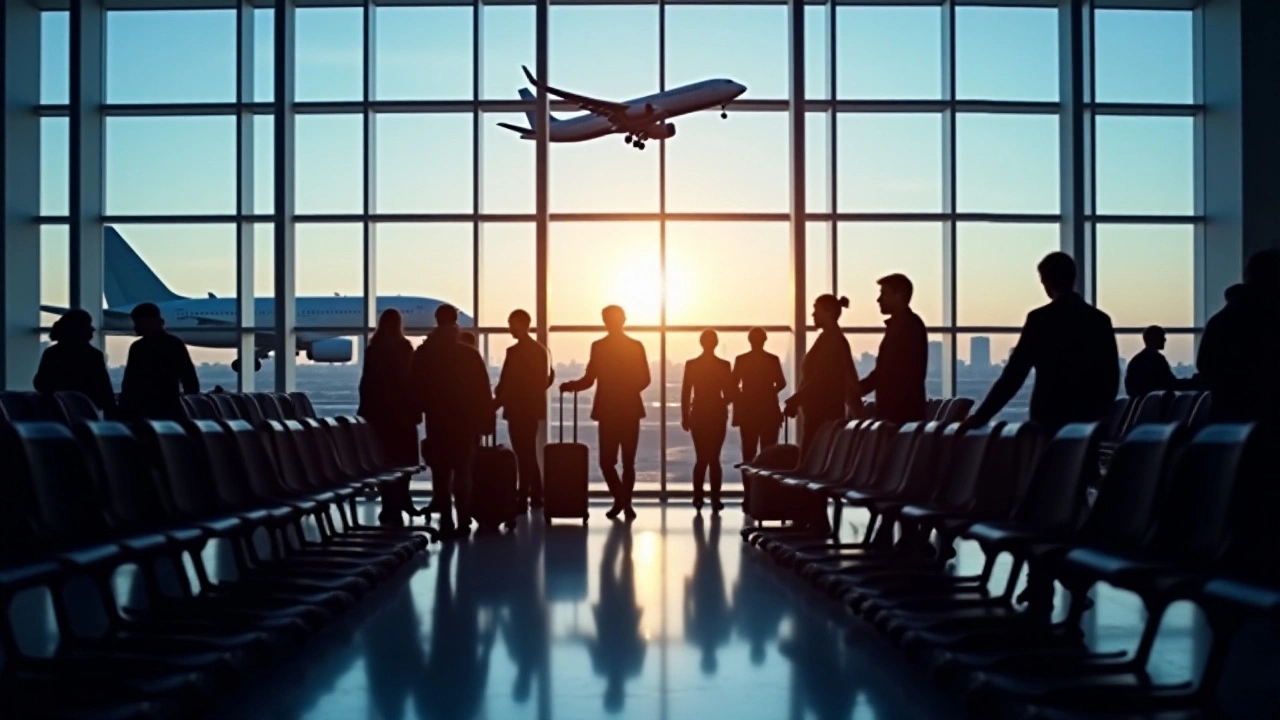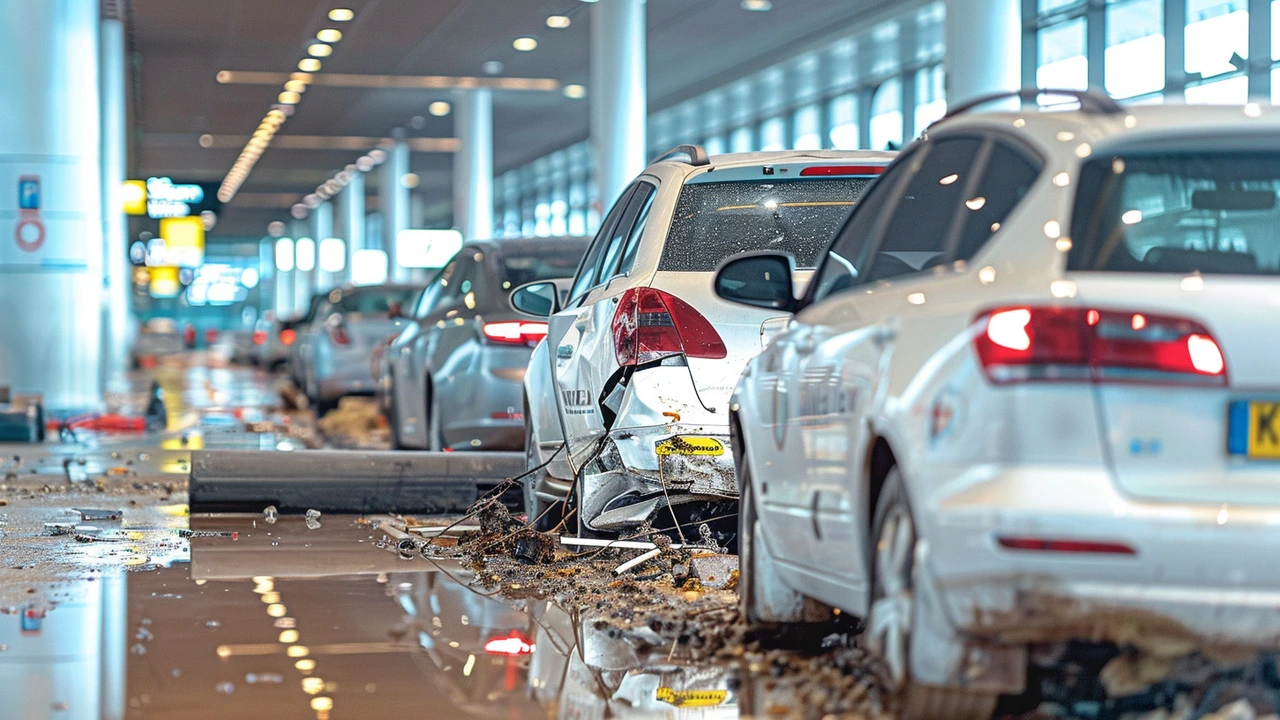Travel Alerts: Flight Cancellations, Airport Safety and How to Protect Your Trip
Flights cancelled in Barcelona, an emergency landing after a live mouse in Oslo, and a roof collapse at Delhi Terminal 1 — travel can turn messy fast. These incidents are messy and different, but they share one thing: you need clear actions, not panic. Below are simple steps to keep your plans moving and protect your rights.
What to do before you travel
Check your flight status and sign up for airline alerts the morning before and the day of travel. Airports and airlines update faster than travel agents or third-party sites, so use the carrier’s app, SMS alerts, or the airport’s official site.
Buy refundable tickets or add flexible fares when possible. If you can’t, at least buy travel insurance that covers delays and cancellations. Read the policy: some plans cover missed connections, extra nights in hotels, and meals.
Pack a small ‘delay kit’: phone charger, painkillers, a spare mask, snacks, and a change of clothes. If your luggage gets delayed, these items save time and stress. Keep digital copies of your passport, tickets, and insurance on your phone.
If something goes wrong at the airport or on the plane
Stay calm and document everything. If you’re rerouted, cancelled, or diverted, get written confirmation from the airline about your new flight, refund options, or vouchers. Take photos of unusual situations — like damage or unsafe conditions — and note names of staff you speak to.
For cancellations and long delays, ask the airline for rerouting, a refund, or care (meals and hotel) depending on the situation. Different rules apply by country, but airlines must give basic help in most major airports. Keep receipts for any expenses — you may be able to claim them back.
If you find something unsafe — like the mouse incident on an Oslo flight — report it to the crew immediately, refuse the affected food, and insist on a formal report for the airline and health authorities. File complaints with the airline and your country’s aviation safety body. That helps push for inspections and better catering checks.
For structural incidents like a roof collapse, follow airport staff instructions and move to designated safe zones. Watch for official announcements about terminal closures and rebook through the airline or airport help desks. If the government orders a fare freeze, like after Delhi’s collapse, airlines may still offer reroutes or refunds — ask them directly.
Finally, if you regularly travel, make a quick checklist: signed up alerts, travel insurance active, emergency contacts saved, and essential apps installed. These small steps cut the stress when travel goes wrong.
Travel problems are frustrating, but being prepared gives you options. Check your flight, pack smart, save receipts, and report issues — you’ll handle most disruptions without losing your trip.
Severe Weather Forces Mass Flight Cancellations at Barcelona Airport
A recent storm hit Barcelona, causing significant disruptions at El Prat airport with at least 50 flights being cancelled or delayed. The severe weather comes just days after deadly floods hit Valencia, claiming over 200 lives. Furthermore, flights were rerouted, and public transportation was affected, highlighting the widespread impact of the storm.
Emergency Landing in Oslo After Live Mouse Found in In-Flight Meal: Raising Concerns Over Airline Catering Safety
A flight from Oslo faced an unexpected emergency landing when a passenger discovered a live mouse in her in-flight meal. The incident had the crew divert the aircraft to the nearest airport, raising crucial issues around airline catering standards and passenger safety.
Delhi Airport Terminal 1 Roof Collapse: Govt Steps In to Avoid Ticket Price Surge Amid Massive Flight Cancellations
The Ministry of Civil Aviation has instructed airlines to halt any potential price hikes following a roof collapse at Delhi Airport Terminal 1. The tragic event led to one death, six injuries, and over 80 flight cancellations by Indigo alone. Heavy rains precipitated the collapse, significantly impacting domestic travel plans.


